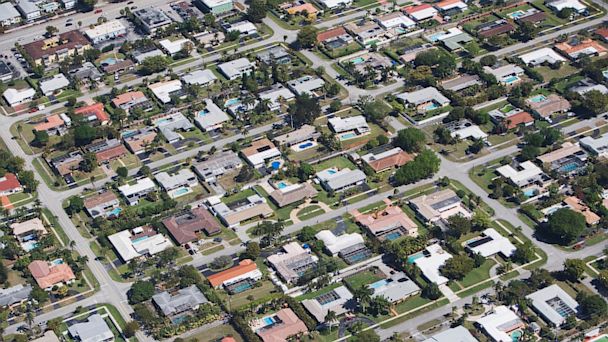6 Ways to Tell if You're Middle Class

There is no official definition of middle class, but we have identified a few traits in the middle. (Getty)
What does "middle class" mean? President Obama is set to make a speech tomorrow where he'll try to turn attention back to the economy and the middle class. But there's a big problem… there's no set definition of what the middle class is.
President Obama has given his definition of the middle class from time to time-a "basic bargain" that is eroding. "You could have some confidence that if you gave it your all, you'd take enough home to raise your family and send your kids to school and have your health care covered, put a little away for retirement," he said in December 2011.
But the Census Bureau does not even have an official definition of "middle class." Are you a member of the middle class? We've put together a list to help you figure out:
1. You make more than $32,900 a year. A study by the Pew Charitable Trust in 2011 on the mobility of the middle class defines a family of four with two adults and two children as middle class if they make over $32,900 a year-falling between the 30 th and 70 th percentiles of income distribution in America.
2. You make less than $64,000 a year. The same study defines the upward limit as $64,000 a year.
3. You're likely to say you're middle class, even if you make more (or less) money than that. According to a Gallup/USA Today poll, 42 per cent of Americans identify themselves as middle class. Only 2 per cent say they are "upper class," 10 per cent say they're "lower class."
4. You probably think it's hard to make ends meet. In 2012, a different report from Pew found that 87 per cent of those who called themselves "middle class" say "it is more difficult now than it was a decade ago for middle-class people to maintain their standard of living."
5. Having a secure job is probably more important to you than owning a home. Another report found that unlike 21 years ago, when 70 percent of Americans thought that owning a home was the most important factor in determining if you're in the middle class, a secure job is now the most important bellwether. Second on the list? Health insurance.
6. You may not always be in the middle class. The Pew study found that growing up middle class doesn't mean you'll always be in the middle class. In fact, they found that a third of Americans raised in the middle class fall out as adults. The report found that "Marital status, education, test scores and drug use have a strong influence on whether a middle-class child loses economic ground as an adult."
What other factors do you think determine if someone is in the middle class?